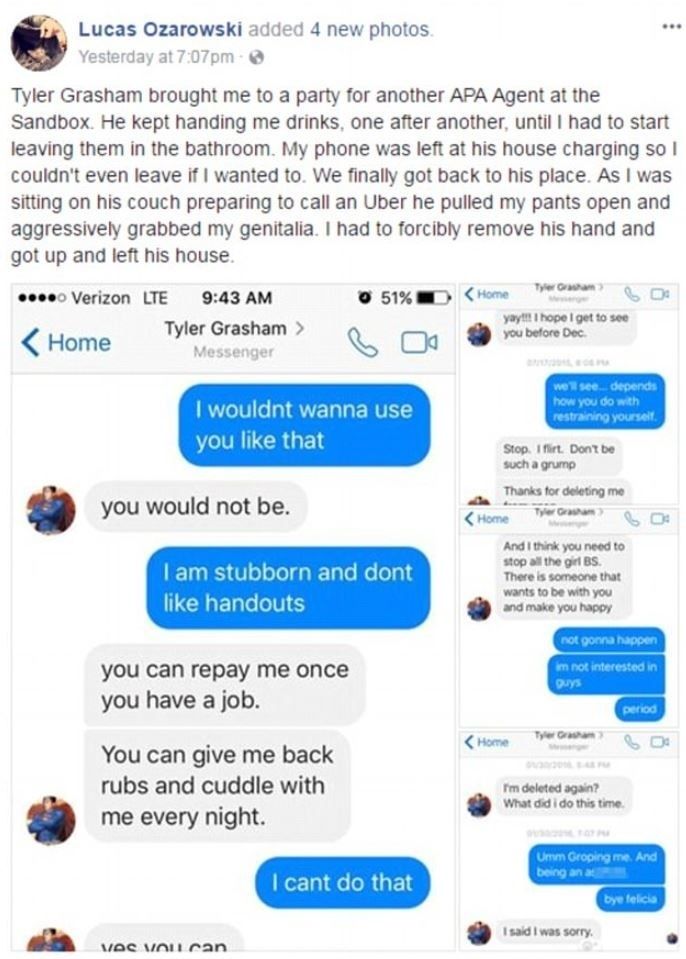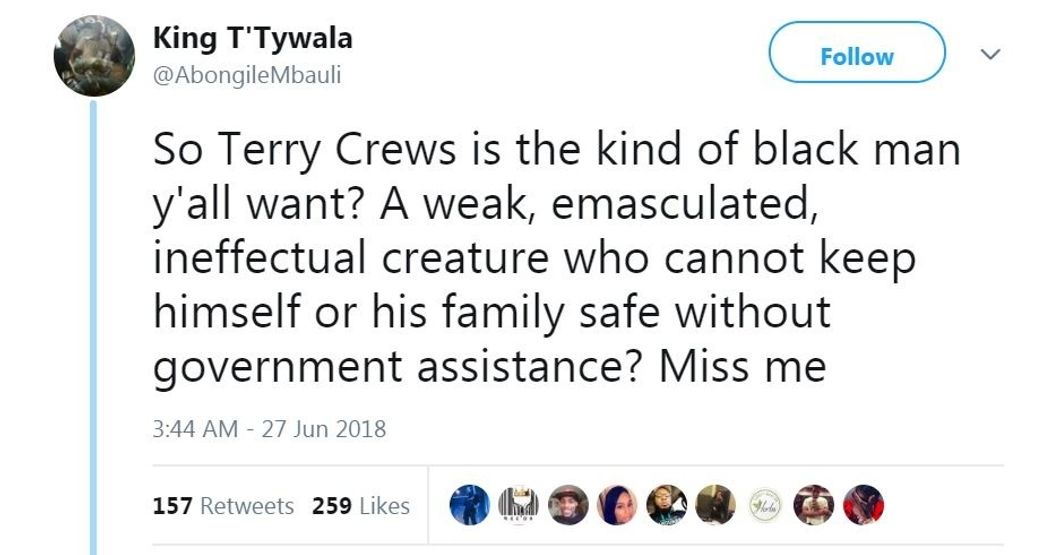Meet Becky. Becky is an attractive, 17-year-old woman looking to find an agent to help her Hollywood career. She finds an excellent, popular agent who invites her to his house for an interview. They have drinks and chat, getting along wonderfully all the while.
But things change quickly. The agent keeps giving her alcohol despite her young age until she is undoubtedly drunk. Suddenly, he climbs on top of her and begins to fondle her. She's torn; she can't insult him without ruining her career, but this isn't what she wants. She's able to push him off without aggravating him, but she knew she couldn't report the issue without angering him and his colleagues. She waits 11 years to report the incident, only to learn that she wasn't his only victim.
It's always a horrifying story. A woman was pinned down and groped without consent by an adult man who had no excuse not to know any better. You're undoubtedly disgusted by the agent's actions, but would you feel the same if Becky wasn't a woman?
If it changes your opinion at all, you're a hypocrite.
Becky doesn't exist, but this is a true story according to Blaise Godbe Lipman, an American actor, screen director, and screenwriter. He along with several other young men, such as Lucas Ozarowski, claim that child talent agent Tyler Grasham made "unwanted advances" towards them and came out with their stories as the #MeToo movement gained traction in 2017.

This isn't just a small group of men though. A 2005 study by the Centers for Disease Control found that approximately 16% of men in America had been sexually assaulted, but that percentage ballooned to 43% in 2018 after the MeToo movement brought greater awareness to what sexual assault entailed. 1in6, an organization dedicated to raising awareness about sexual assault against men, thinks that these numbers are still inaccurate. According to 1in6, men are less likely to disclose sexual assault status and "[o]nly 16% of men with documented histories of sexual abuse (by social service agencies, which means it was very serious) considered themselves to have been sexually abused, compared to 64% of women with documented histories in the same study." Because of these differences, the incidence of sexual assault against men may be significantly higher than we've come to expect.
But we have a problem as a society: we don't take sexual assault against men as seriously as we take sexual assault against women.
Take Terry Crews' case, for example. The former NFL player and actor in "Brooklyn Nine-Nine" was groped in 2016, but he only revealed this information to the public in 2017 as he joined the #MeToo movement. His case was more widely publicized than that of Lipman's and Ozarowski's and some people were... less than empathetic.

Unfortunately, this is one of the kinder tweets he received. I will not show the following tweets due to the language used, but the people throwing insults about Crews' masculinity ranged anywhere from the relatively unknown to larger names such as 50 cent. Rather than attacking his claims, many people felt the need to take a jab at Crews' masculinity and capability as a person—just like they've done with other men in his position.
Despite the widely held belief that men need to be strong, calm rocks with good control of their emotions, they aren't inherently stronger than women when coping with the aftermath; a man can feel guilty, anxious, hopeless, and even suicidal after the fact. Men can go into crisis, men can feel inferior, and men can fear for their lives every night when they're safely tucked away in bed.
Just like women.
Sexual assault simply doesn't make the victim any "less of a man." It isn't funny. It doesn't make him weak. The only difference is that people are more likely to look down on him and less likely to support him than if he was a woman. We need to address this and start moving forward as a society so that men start receiving the compassion and support that women do after a horrific event like this. By discarding our ingrained beliefs about what a man SHOULD react like, we can respond properly to what that man DOES react like and give him the help he deserves.



















